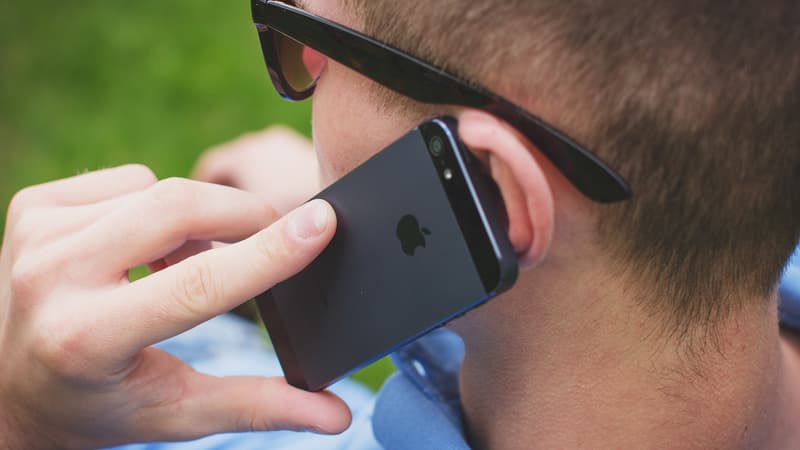Identity theft. Behind this enigmatic term lies a very popular technique among scammers who pose as bank advisors of their victims: they use software capable of displaying the real telephone number of the victim’s bank branch to better and confidentially identify them. . The goal: convince her to make transactions on her account to transfer money to them.
The courts have just decided on an operation that is very difficult for the victim to detect and that does not correspond to negligence. A crucial case law: in case of identity theft, the bank must reimburse the victims of the fake bank advisor’s fraud. Therefore, the bank can no longer invoke this negligence on the part of the client as a reason for not refunding him.
On October 23, the Court of Cassation published a decision on a dispute between a client and his bank, BNP Paribas, which refused to reimburse him.
Without gross negligence
The client carefully followed the instructions of the fake bank advisor, without thinking that he was a scammer, relying on the fact that the real phone number of his bank appeared on the screen of his smartphone.
Two days later, he realized he had been scammed after noticing several fraudulent transfers. If BNP Paribas considers that it should not refund the amounts collected, the Court of Cassation considers that the client has not committed gross negligence.
“The notion of phishing is important. Because the technique is sophisticated enough to legitimately reassure the victim. This case law follows the logic of other decisions regarding phishing, particularly when these fraudulent emails and SMS messages are well written and “In the case of a more serious scam, it can still be considered gross negligence on the part of the victim,” explains Alexandre Archambault, lawyer specialized in digital law at Tech&Co.
From October 1, a law should put an end to these types of scams, requiring operators to authenticate all numbers to ensure they correspond to their rightful owner. But currently numerous technical obstacles prevent this process from being operational, especially for calls received from mobile phones.
Source: BFM TV


